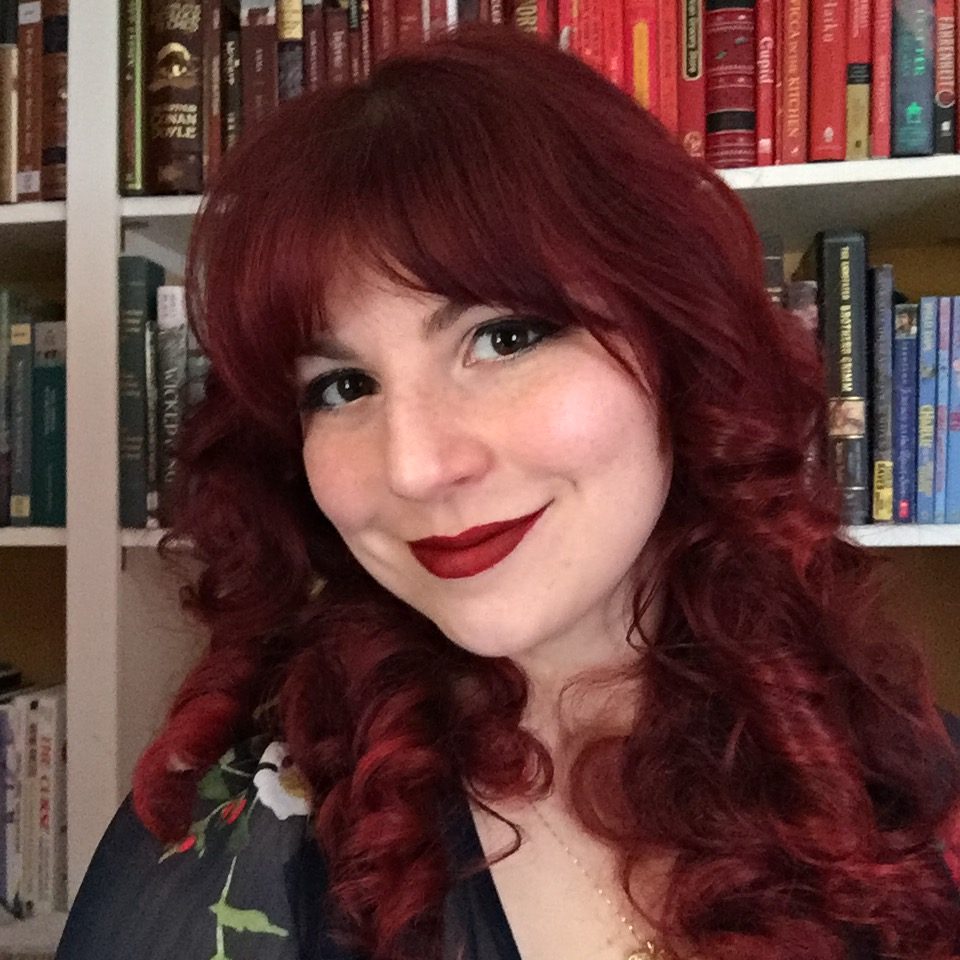

Today we use the word “weird” to describe something that is strange or unusual, but if we trace it back to its etymological roots, this word originally had a different meaning.
“Wyrd” is an Old English word meaning fate, fortune, doom, or destiny.
You may have run into the concept of “wyrd” in the Anglo-Saxon epic Beowulf. “Wyrd” also has ties to Norse mythology. In Norse myth, the Norns are three women who create and control the fates of both humans and gods. Much like the Moirai in Greek mythology, the Norns are spinners who weave together the threads of destiny.
A similar trio of fate-spinning women appears in Shakespeare’s Macbeth. The Weird Sisters are three witches who prophesy Macbeth’s gory and glorious destiny. During the 16th century, the Old English “wyrd” morphed into the Middle English “weird.” At this time, the word “weird” became associated with the supernatural or the uncanny—hence, Shakespeare’s witches!
As a weaver of tales that often feature the strange and fantastical, I knew I wanted to include this word in the title of my zine.

You may recognize the Wyrd Heart logo as a planchette. Today, the planchette is most closely associated with the Ouija Board. This heart-shaped piece of plastic features a round window, through which an individual may read the messages spelled out on a Ouija Board. The Ouija Board was patented in 1891. However, the use of a planchette for supernatural communication dates back to the Chinese Song Dynasty.
In America and Europe, the use of the planchette spiked in popularity during the 19th century, as Spiritualism took hold of the public. Before its association with “spirit boards” or “talking boards,” the planchette was used to conduct “automatic writing.” Unlike the modern planchette, these heart-shaped devices were made of wood. Instead of a large window, they featured a small hold through which a pencil could be inserted. During a seance, individuals would place their hands on the planchette and invite spirits to guide it across a sheet of paper. Through this practice, the spirits could write out whatever message they had for the living.
I think the exchange between Writer and Reader has a lot in common with 19th century seances. The act of writing is magical, as is the act of reading. Through writing, one is able to transmute their own thoughts onto paper. The Reader is then able to conjure these thoughts in their own mind and breathe new life into them, even if time and death separates them from the Writer.
Wyrd Heart is my effort to conjure some of that literary magic. I want to connect with readers across time and space by putting a homemade, physical copy of my stories into their hands. It’s fun to share what you create with others. Wyrd Heart celebrates all of the stories that live inside my weird little heart.



